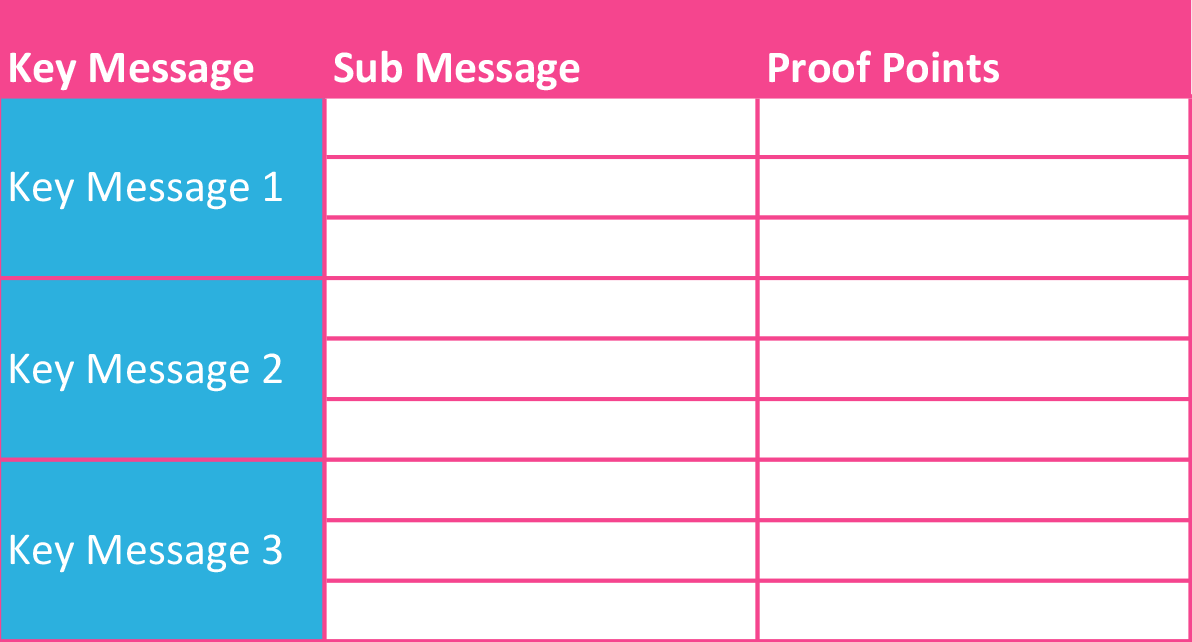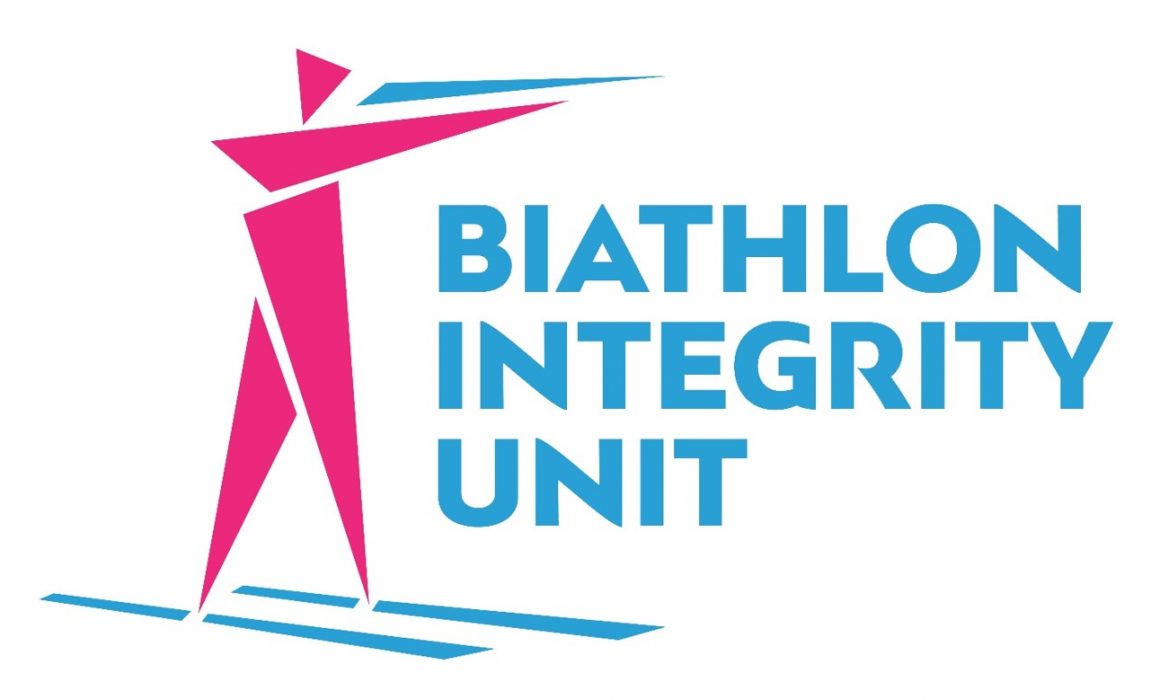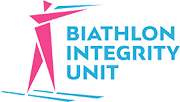Dr Tanja Haug joins BIU Board
Dr Tanja Haug, a sports law expert with more than 20 years’ experience, has been appointed to join the Biathlon Integrity Unit’s Board.
Dr Haug was recommended by the BIU’s independent Vetting Panel to the IBU Executive Board, which then appointed her as a new BIU Board Member.
Tanja Haug is a German lawyer with extensive experience in anti-doping, anti-corruption, disciplinary and governance matters. She serves as an independent expert for various national and international sport organisations and has significant expertise in relation to vetting, eligibility checks and investigations into wrongdoing in professional sport. Tanja Haug was a member of the IBU’s External Review Commission and holds a PhD in sports science.
As an arbitrator, Tanja Haug sits for the World Athletics Disciplinary Tribunal and the International Panel of Sport Resolutions, she is also a member the German Court of Sports Arbitration’s Appointment Committee.
Dr Haug was appointed after the position was advertised following the recent departure of one of the BIU Board’s Independent Members. The BIU Board comprises five members: three Independent Members and two Non-voting Members (Head of the BIU and member from the IBU Executive Board).
Louise Reilly, Chair of the BIU Board, said: “We are delighted that someone of Tanja’s calibre and experience is joining the BIU Board as an independent member and anticipate she will make a significant contribution towards achieving our mission to protect the integrity of Biathlon and ensure a clean and trusted sport.”
Dr Tanja Haug said: “I am very pleased and honoured to have been appointed as an independent member to such a high-profile and prestigious Board and look forward to contributing my wealth of experience to protect the integrity of the fantastic sport of biathlon.”
About the BIU vetting process
The BIU’s vetting process involves careful screening of the past and present status of candidates, to ensure their character, personal and professional circumstances are in line with the IBU’s values.
The process is conducted by an independent body – the Vetting Panel – supported by the BIU.
This ensures that the outcomes of the process are impartial and fair.
The aim is to rule out any potential problems or conflicts of interest before a candidate is appointed.
You can find out more about the vetting process here.











